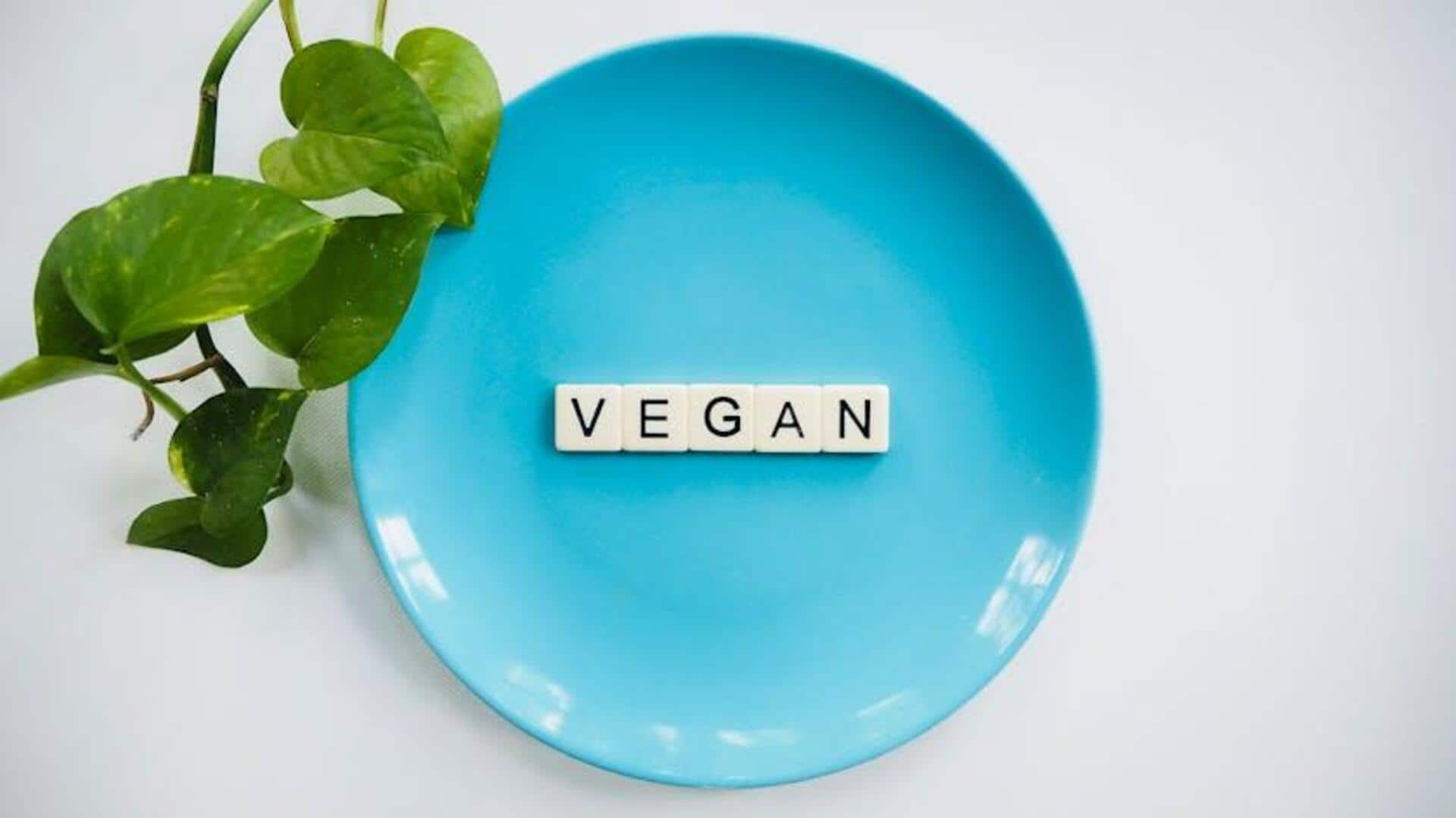
Is vegan diet always healthy? Here's the reality
What's the story
While the vegan lifestyle is largely associated with health and wellness, it doesn't always mean healthy.
Yes, a plant-based diet can do wonders for your body, but here are some mind-blowing truths that prove veganism isn't necessarily healthy.
Here are five insights into why vegan doesn't always mean healthy, debunking myths and giving you a realistic view of this popular lifestyle choice.
Processed foods
Processed vegan foods can be unhealthy
Many processed vegan foods are loaded with sodium, sugar, and unhealthy fats. These ingredients can lead to health problems like high blood pressure and obesity.
Just because a product is labeled vegan, doesn't mean it's free from additives/preservatives that may be unhealthy.
It is imperative for people on the vegan diet to read labels carefully and choose whole foods whenever possible.
Nutrient deficiency
Lack of essential nutrients
While a well-planned vegan diet can provide all necessary nutrients, it is common for some vegans to experience deficiencies in vitamin B12, iron, calcium, and omega-three fatty acids.
These nutrients are generally found in animal products and require careful planning to ensure they're obtained from plant-based sources or supplements.
Without proper attention to nutrient intake, vegans risk developing deficiencies that could affect their overall health.
Calorie awareness
High calorie content in some vegan foods
Certain vegan foods can be calorie-dense without offering much nutrition.
For instance, nuts and seeds are nutritious, but they're also high in calories when eaten in large quantities.
Likewise, some plant-based snacks may contain added sugars/oils that make them significantly calorie-rich.
Being mindful of portion sizes and choosing nutrient-rich options can help maintain a balanced diet.
Label caution
Misleading health claims on labels
Vegan food products also come with labels indicating they are healthier alternatives, but that can be misleading.
"Organic" or "natural" doesn't mean it is low-calorie or nutrient-rich.
Be wary of such labels and look for the actual nutritional content instead of marketing buzzwords when deciding what to eat.
Carb balance
Overconsumption of carbohydrates
A common pitfall for those new to veganism is depending too much on carbs like pasta or bread because they're easy, unlike other protein sources such as legumes or tofu, which take longer to prepare before consuming.
This takes them toward an imbalanced macronutrient intake, causing weight gain if not tracked closely enough through regular exercise routines, along with meal planning strategies specific to individual needs and preferences.